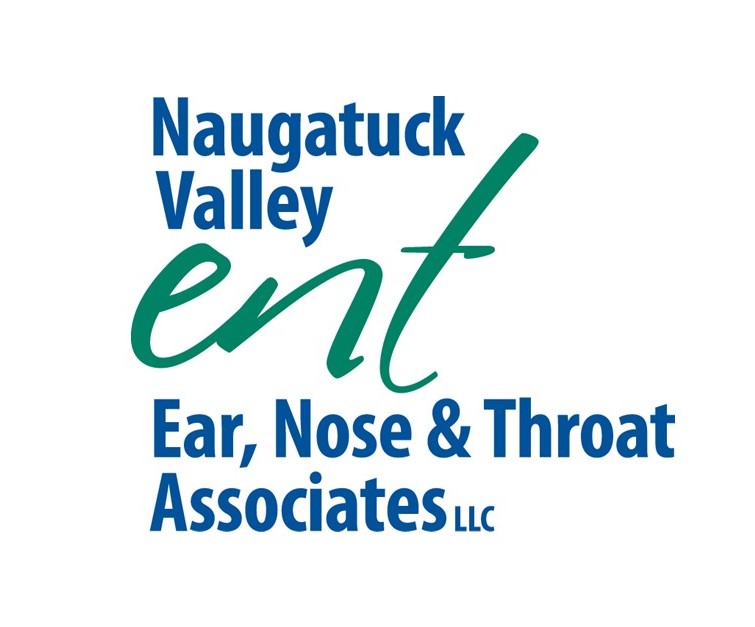Understanding and Addressing Bell’s Palsy in Cheshire, CT
Bell’s Palsy is a neurological condition that affects thousands of people every year, causing temporary facial paralysis and a range of distressing symptoms. While it can be a frightening experience, understanding the condition is the first step towards effective treatment and recovery. At Naugatuck Valley ENT, we strive to best explain what to expect and develop a treatment plan for our patients.
What is Bell’s Palsy?
Bell’s Palsy is a sudden, unexplained weakness or paralysis of the facial muscles, usually on one side of the face. It occurs when the seventh cranial nerve, also known as the facial nerve, becomes inflamed, disrupted, or compressed. This nerve controls the muscles responsible for facial expressions, so when it is affected, it can lead to a range of symptoms.
Causes of Bell’s Palsy
The exact cause of Bell’s Palsy remains a subject of ongoing research, but several factors may contribute to its development:
- Viral Infections: Viruses such as the herpes simplex virus (HSV), which causes cold sores, have been linked to Bell’s Palsy. It is believed that these viruses can trigger an inflammatory response that affects the facial nerve.
- Immune System Response: Some researchers suggest that an autoimmune response may play a role in Bell’s Palsy, where the body’s immune system mistakenly attacks the facial nerve.
- Genetic Predisposition: There may be a genetic component involved, as some people may be more susceptible to developing Bell’s Palsy than others.
Symptoms of Bell’s Palsy
The most common symptoms of Bell’s Palsy include:
- Sudden weakness or paralysis on one side of the face, making it difficult to smile, close the eye, or raise the eyebrow.
- Drooping of the mouth or eyelid on one side.
- Loss of the sense of taste on the front two-thirds of the tongue.
- Increased sensitivity to sound in one ear.
- Excessive tearing or dryness in one eye.
- Altered production of saliva and drooling.
- Pain or discomfort around the jaw or behind the ear on the affected side.
It’s important to note that these symptoms typically come on suddenly and reach their peak within 48 hours.
Diagnosis and Treatment
If you experience sudden facial weakness or other symptoms of Bell’s Palsy, it’s essential to seek medical attention promptly. A healthcare provider will perform a physical examination, assess your medical history, and may order tests such as an MRI or CT scan to rule out other potential causes of facial paralysis.
Treatment for Bell’s Palsy often includes:
- Medications: Corticosteroids like prednisone can help reduce inflammation and swelling of the facial nerve, which may speed up recovery.
- Eye Care: To prevent dryness and corneal damage, it’s crucial to protect the affected eye with lubricating eye drops, patches, or taping it shut during sleep.
- Physical Therapy: Gentle facial exercises and massage can help maintain muscle tone and improve facial function.
- Pain Management: Over-the-counter pain relievers or prescription medications can help manage any discomfort associated with Bell’s Palsy.
- Alternative Therapies: Some individuals find relief through acupuncture or relaxation techniques, although the effectiveness of these approaches varies from person to person.
Recovery and Prognosis
The majority of individuals with Bell’s Palsy experience significant improvement within weeks to months. Full recovery is common, although some may continue to have minor residual weakness or facial asymmetry.
In rare cases, complications such as synkinesis (involuntary muscle movements during facial expressions) or long-term facial weakness may persist. These cases may require further treatment or surgical intervention.
Conclusion
Bell’s Palsy can be a distressing condition, but with timely medical attention and appropriate treatment, most individuals can expect a positive outcome. Understanding the causes, symptoms, and treatment options is crucial for those affected by Bell’s Palsy, as it empowers them to seek the care they need and fosters a better chance of a full recovery. If you or someone you know experiences sudden facial paralysis or related symptoms, please contact Naugatuck Valley ENT at (203) 578-4630 to set up an appointment for an accurate diagnosis and appropriate treatment.
Contact Naugatuck Valley Ear, Nose and Throat Associates
If you’re experiencing symptoms of Bell’s Palsy, don’t hesitate to seek medical care. At Naugatuck Valley ENT, we have the expertise and resources to diagnose, treat, and manage your condition effectively. Our dedicated team of professionals is ready to provide exceptional care. Contact us today at (203) 578-4630 to schedule a consultation.




